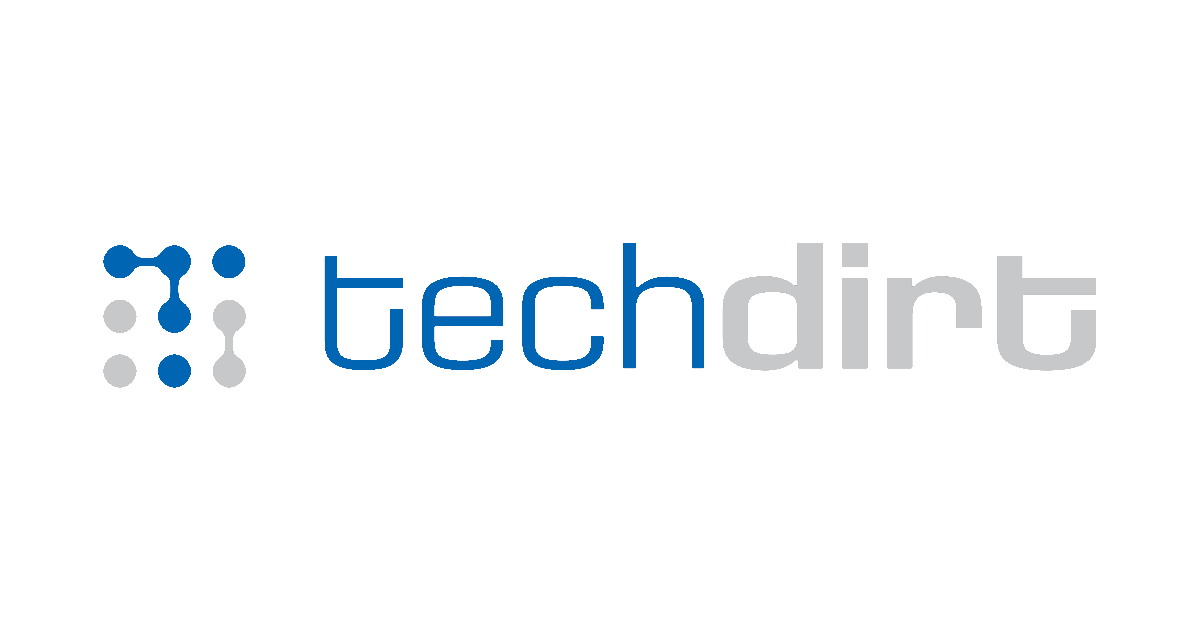from the hey-everybody,-I-have-a-stupid,-self-serving-idea! dept
Big Telecom lobbyists have been working overtime in both the US and EU, trying to get policymakers to force Big Tech to pay them billions in additional subsidies for no coherent reason. We’ve noted for several years how the push is self-serving bullshit by anti-competitive telecom giants, yet thanks to their lobbying influence, the effort shows no sign of slowing down.
The push is currently hottest in the EU, where the European Commission is taking public input on their plan to force online platforms to pay for telecom giants’ broadband network upgrades and expansions.
Netflix has been understandably resistant to the plan. Netflix co-CEO Greg Peters told EU leaders last week that the telecom industry is effectively trying to double dip:
Broadband customers, who drive this increased usage, already pay for the development of the network through their subscription fees. Requiring entertainment companies—both streamers and broadcasters—to pay more on top would mean ISPs effectively charging twice for the same infrastructure.”
The telecom industry’s effort to tax “Big Tech” always involves some variant of the claim that popular tech services are getting a “free ride” on the Internet, so it’s “only fair” that they help pay telecom giants for broadband expansion. Regulators have found that’s simply not true, given tech companies and platforms routinely spend billions on their own bandwidth and infrastructure, ranging from content delivery networks and transit routes to undersea cables.
Organizations like the EU’s BEREC have acknowledged as much in reports, noting that imposing an additional troll toll (often called “sender pays” by the telecoms) would likely cause market harm and drive up costs for consumers. From a 2022 report:
“The ‘sending party network pays’ (SPNP) model would provide ISPs the ability to exploit the termination monopoly and it is conceivable that such a significant change could be of significant harm to the Internet ecosystem.”
But just as in the U.S., politicians are so beholden to telecom giants (in part due to their “patriotic” assistance in domestic surveillance efforts) the effort never seems to die. And sometimes even succeeds.
Telecoms in South Korea convinced the government to implement this kind of model and its been a hot mess, with Netflix even being sued by one ISP simply because Squid Game was popular and resulted in bandwidth consumption spikes. But again, everybody in this chain, from Netflix to the broadband consumer, pays significant money. Nobody gets a free ride. Telecom monopolization isn’t gentle.
Telecom subsidy programs in both the U.S. and EU are in desperate need of reform. The contribution base for programs like the USF (into the U.S.) is shrinking, and telecoms have a very long history of taking billions of dollars for telecom upgrades that are then routinely only half-delivered. The broadband mapping data we use to dole out that money is also painfully inaccurate, making the abuse worse.
Any meaningful effort to fix this problem should probably first target reform of the subsidies telecom giants already get. Instead, politically influential telecom companies have convinced captured regulators in the EU (and U.S.) that taking billions in additional dollars and giving it to the telecoms (without meaningfully reforming the underlying programs) is the best path forward.
That’s not to say there can’t be a future where tech giants help contribute to broadband infrastructure, but this current push is nothing more than a multi-billion dollar handout to predatory telecom giants that have worked tirelessly for decades to crush competition and drive up rates. Rewarding them with billions of additional dollars makes no coherent sense, yet here we are.
Filed Under: broadband, digital divide, double dipping, eu, greg peters, netflix, sender pays, streaming, telecom, telecom tax
Companies: netflix
Source link











Leave a Reply